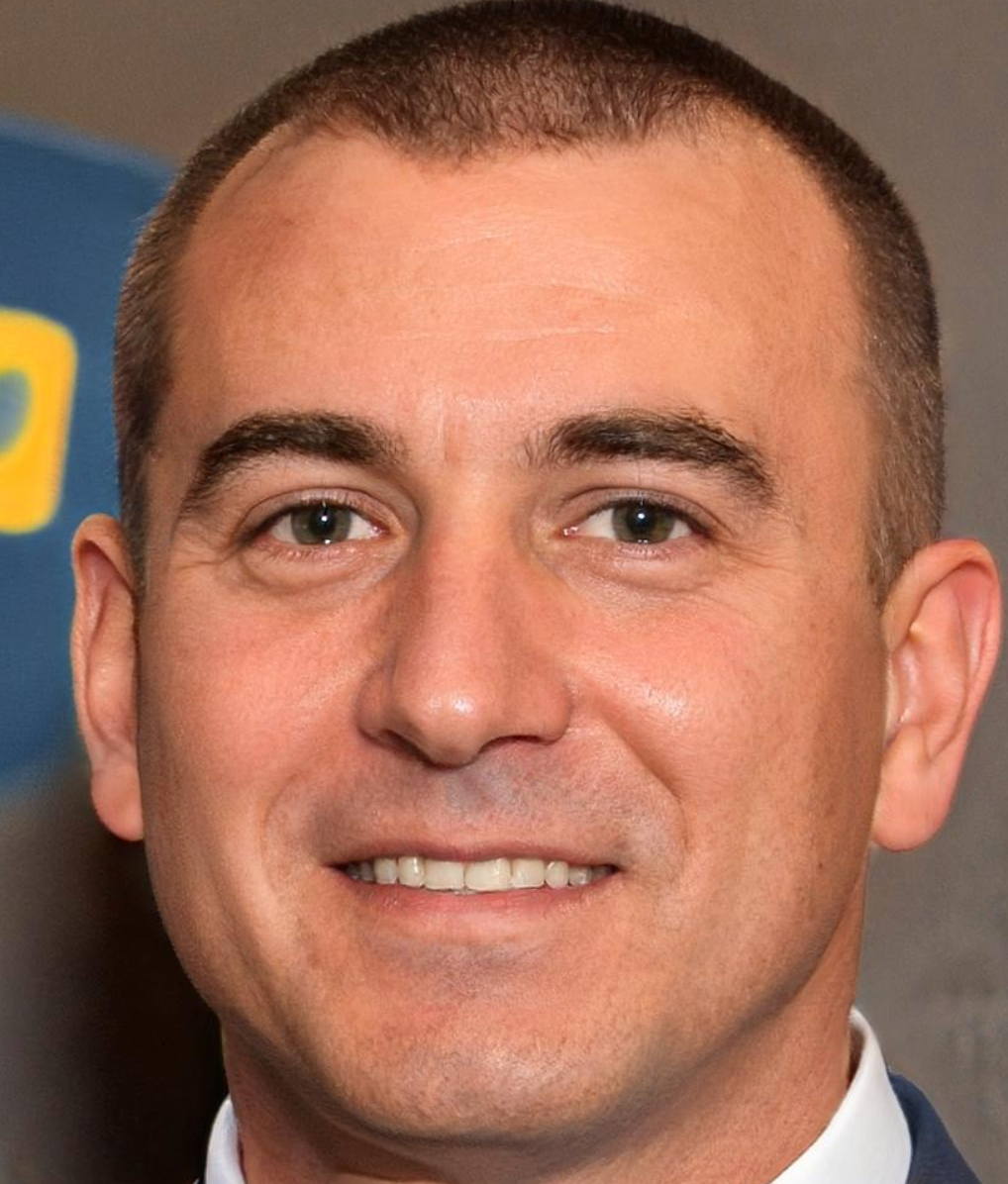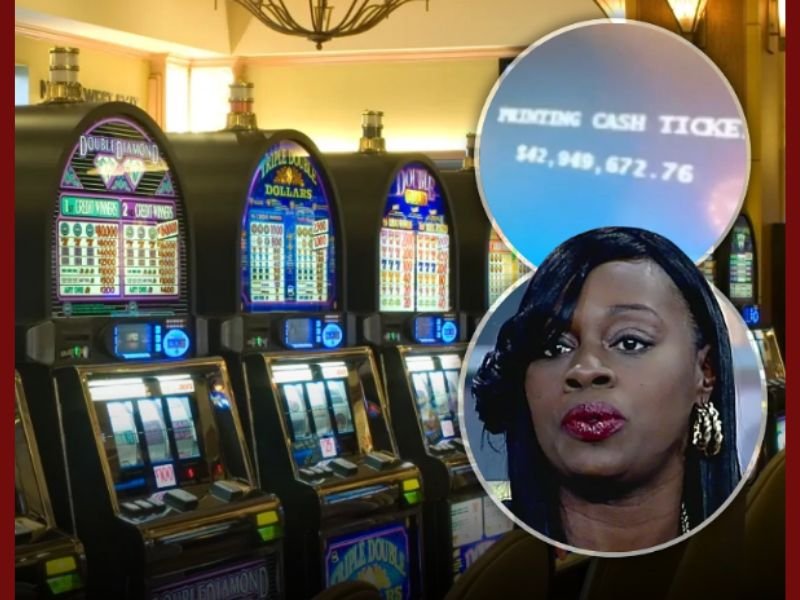Queens Casino ‘Jackpot’ Dispute: Woman Told $42M Slot Win Was a Malfunction, Offered $2.25 Refund and Steak Instead
QUEENS, NEW YORK – A woman who believed she hit a $42–$43 million jackpot at Resorts World Casino New York City was told the payout was invalid due to a slot-machine malfunction, sparking a high-profile dispute that ended with no jackpot and only a $2.25 refund and a steak dinner. The player, identified in coverage as Katrina Bookman, later took the case to court but lost, with regulators and judges citing long-standing rules that technical errors void all pays and plays.
What the Player Says Happened
Bookman was playing a penny slot when the screen flashed a life-changing total and began printing a cash ticket reflecting a multi-million-dollar win. Believing she had secured one of the largest jackpots in U.S. slot history, she snapped photos of the screen and waited for staff to process the prize. Instead, she was informed by casino personnel that the figure was a display error and that the game’s maximum advertised prize was about $6,500, not tens of millions.
Why the Casino Rejected the Payout
Casinos operate under state gaming regulations that require machines to display pay tables and maximum possible awards. Almost all slot cabinets and game screens also include a conspicuous disclaimer: “Malfunction voids all pays and plays.” Resorts World said diagnostics showed a malfunction, and regulators agreed the result was not a valid win. In such cases, casinos must void the erroneous outcome and return the original wager—in this instance, $2.25—which is what Bookman received, along with a comped steak dinner.
The Lawsuit—and Why It Failed
Bookman filed a civil suit seeking the displayed amount, arguing the casino should honor the on-screen total or face liability for deceptive practices. The case did not succeed. Courts have repeatedly held that when a slot’s outcome is caused by software or hardware error, the posted disclaimers and state gaming rules control, protecting casinos from paying false jackpots. Regulators typically require detailed machine logs and manufacturer reports; when those confirm a fault, the “win” is legally void, even if a screen captured a huge number.
What Players Should Know Before They Spin
This case underscores several points for gamblers:
- Read the pay table and max award. If a machine displays a payout far beyond the printed maximum, it’s likely an error, not a valid jackpot.
- Malfunction language matters. The phrase “malfunction voids all pays and plays” is standard and enforceable in most jurisdictions.
- Tickets aren’t final. A printed ticket or frozen screen doesn’t guarantee payment; casinos must verify outcomes against internal logs and regulator rules.
- Dispute steps. If you believe a decision is wrong, request the casino call the on-site gaming agent or state regulator. You can file a formal complaint, but past rulings show malfunction cases rarely pay.
Why Mega-Jackpots Are So Rare
Life-changing slot wins do occur, but they’re generally tied to progressive networks (like Wide Area Progressives) that advertise multi-million-dollar totals on top-box meters. If a cabinet without such a meter shows a number orders of magnitude larger than its posted max, it’s almost certainly a fault—not a legitimate award.
The Bigger Picture
For consumers, the outcome is frustrating—especially when a screen appears to promise millions. For regulators, honoring error-driven payouts would undermine game integrity and fair odds for all players. The Bookman dispute has become a cautionary tale: thrilling numbers on a slot screen must align with the game’s certified limits or they won’t stand up under regulatory review.
Planning a casino trip or curious about gaming consumer rights? Follow NapervilleLocal.com for practical explainers, regulations that protect players, and updates on notable rulings affecting gamblers nationwide.

I’ve lived in Naperville long enough to see how quickly our community changes — from new developments downtown to sudden shifts in our Midwest weather. Reporting on Naperville news and daily forecasts gives me the chance to keep neighbors informed about what really matters. My goal is simple: deliver clear, timely updates so you always know what’s happening in our city and what to expect from the skies above.

